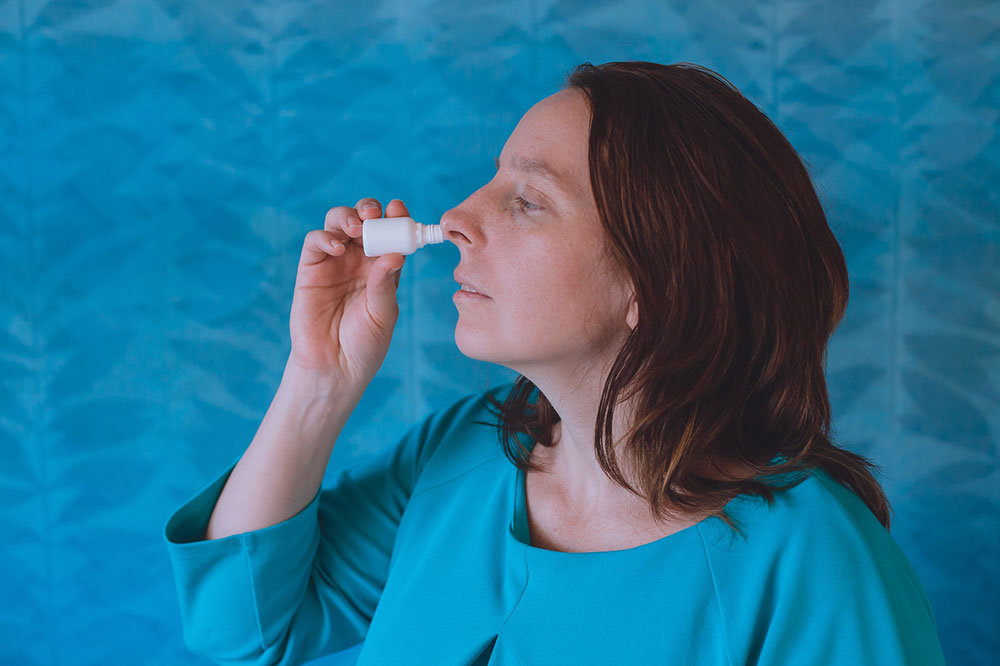
Nasal Polyps – Common Causes and Treatments
What are nasal polyps?
Nasal polyps are the non-cancerous, soft, and painless growths found in the inner lining of the nasal passage. These polyps are caused due to chronic inflammation and are often associated with recurring infections, asthma, sensitivity to certain medications, allergies, and some immune disorders. Knowing the causes of nasal polyps and common treatments can help the patient deal with this condition.
Causes of nasal polyps and its treatment
Scientists do not completely understand why nasal polyps occur and why people have long-term inflammation. It is strange why swelling or irritation triggers nasal polyps in only some people. It is believed that people with polyps have a distinct immune system that responds differently. They also have different chemical markers inside their mucous membranes than people who do not get polyps. The truth is that nasal polyps may develop at any time, although one will find them mostly in middle-aged people and youngsters.
People having nasal polyps may not have had nasal problems in the past but there can be certain triggers like:
- Asthma
- Chronic sinus infections
- Cystic fibrosis
- Allergic rhinitis or hay fever
- Sensitivity to NSAIDs like aspirin and ibuprofen
- Churg-Strauss syndrome
When one knows the common causes of nasal polyps and common treatments, they have no reason to fear.
These are some of the most effective and common treatments for this condition:
- Medications will help to reduce the inflammation and also the size of the polyps. They will also relieve the symptoms of congestion in patients. The patient’s doctor will typically prescribe nasal corticosteroids for reducing irritation and inflammation. This nasal spray treatment can either eliminate the polyps totally or shink their sizes.
- There are injectable and oral corticosteroids that are prescribed when the nasal corticosteroid does not work. An example of this is prednisone that is used either by itself or in combination with sprays. However, the oral corticosteroids may have harmful side-effects; so, it is best to use them only for a limited time. The injectable varieties are only for use in severe cases. Medications may also include antihistamines for treating allergies or antibiotics for treating chronic and recurring infections.
- Surgery may also be an option for treating nasal polyps. Endoscopic sinus surgery is done when other treatments fail to yield results. It is done to remove the nasal polyps and correct the problem with sinuses that have made them susceptible to inflammation and polyp development. Here, a small tube is inserted by the surgeon that is fitted with a magnifying lens. This guides the tube into the cavity. The doctor then uses tiny instruments to take the polyps out and ensures that there are no substances blocking fluid flow from sinuses. Once the surgery is over, patients may need corticosteroid nasal sprays in order to prevent the recurrence of the polyps.
Now researchers are examining the role of biologic medicines, like those for treating asthma, in treating nasal polyps. Biologics function by targeting particular cells and proteins in order to lessen the irritation and swelling. The early studies show that these medicines can become treatment options for people whose polyps cannot be cured through medications or surgeries.


